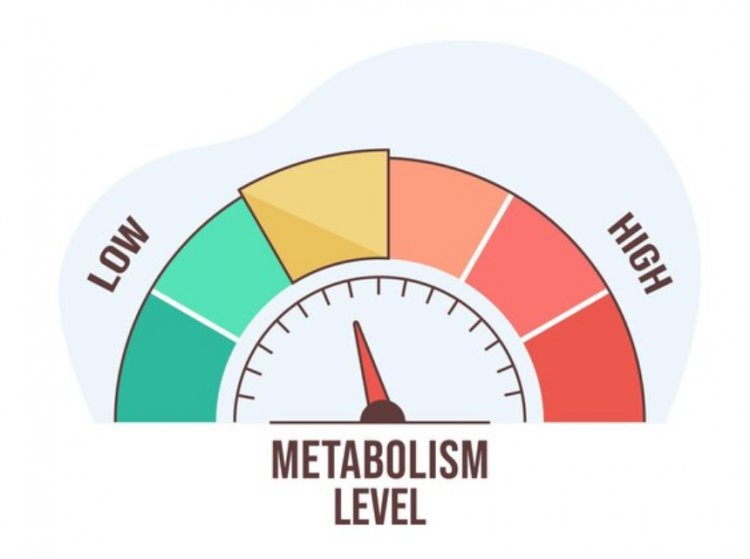Reviving a Sluggish Metabolism: Tips and Strategies
Having a slow or stagnant metabolism can impede weight loss efforts and affect overall health. In this comprehensive guide, we'll explore effective strategies to revitalize and normalize your metabolism, allowing you to achieve your health and fitness goals.

Understanding Metabolism: A Comprehensive Guide to Optimizing Your Body's Engine
Metabolism is the intricate network of chemical processes that fuel our bodies, ensuring the maintenance of life itself. From the simple act of breathing to the complex digestion of food, every bodily function relies on the energy produced by metabolism. However, this vital system is not impervious to change; it can fluctuate due to various factors such as age, genetics, lifestyle, and health conditions.
Causes of a Sluggish Metabolism
Age: As we grow older, our metabolic rate naturally declines. This is primarily attributed to a decrease in muscle mass and alterations in hormonal activity.
Genetics: Inherited genetic factors can predispose individuals to a slower metabolic rate, making weight management more challenging.
Dietary Habits: Extreme dieting, prolonged calorie restriction, and inadequate nutrient intake can all sabotage metabolism, leading to a sluggish state.
Physical Inactivity: A sedentary lifestyle devoid of regular exercise can contribute to a decline in metabolic efficiency over time.
Medical Conditions: Certain health issues like hypothyroidism and hormonal imbalances can disrupt metabolic function, necessitating medical intervention.
Strategies to Boost Metabolism Naturally
-
Stay Hydrated: Adequate hydration supports metabolic processes and prevents dehydration-induced sluggishness.
-
Eat Regularly: Consistent, balanced meals and snacks throughout the day prevent metabolic slowdown and help stabilize blood sugar levels.
-
Incorporate Strength Training: Building lean muscle mass through strength training exercises elevates metabolic rate, as muscle tissue consumes more calories than fat tissue.
-
Prioritize Protein: Including protein-rich foods in your diet enhances metabolism by inducing a greater thermic effect during digestion.
-
Get Quality Sleep: Sufficient and restorative sleep is crucial for metabolic health, as sleep deprivation can disrupt hormonal balance and appetite regulation.
-
Manage Stress: Chronic stress can impede metabolism by triggering hormonal imbalances. Incorporate stress-reducing activities like meditation and yoga into your routine.
-
Limit Processed Foods and Sugars: Highly processed foods and excessive sugar consumption can lead to metabolic dysfunction. Opt for whole, nutrient-dense foods instead.
-
Consider Supplements: Certain supplements, such as green tea extract and cayenne pepper, may temporarily enhance metabolism. However, consult with a healthcare professional before integrating them into your regimen.
Seeking Professional Guidance
If despite lifestyle modifications you continue to struggle with a sluggish metabolism, seeking guidance from a healthcare provider or registered dietitian is advisable. They can offer personalized recommendations, address underlying medical issues, and tailor a plan to meet your specific needs.
In Conclusion
Reviving a sluggish metabolism requires a multifaceted approach encompassing dietary, lifestyle, and behavioral changes. By implementing the strategies outlined in this guide and seeking professional guidance when necessary, you can optimize your metabolic health and work towards achieving your wellness goals.
Coupoly offers a complimentary Medical Concierge Service, connecting you with leading doctors and clinics.
Reach out to us today.
Get in Touch
What's Your Reaction?





















